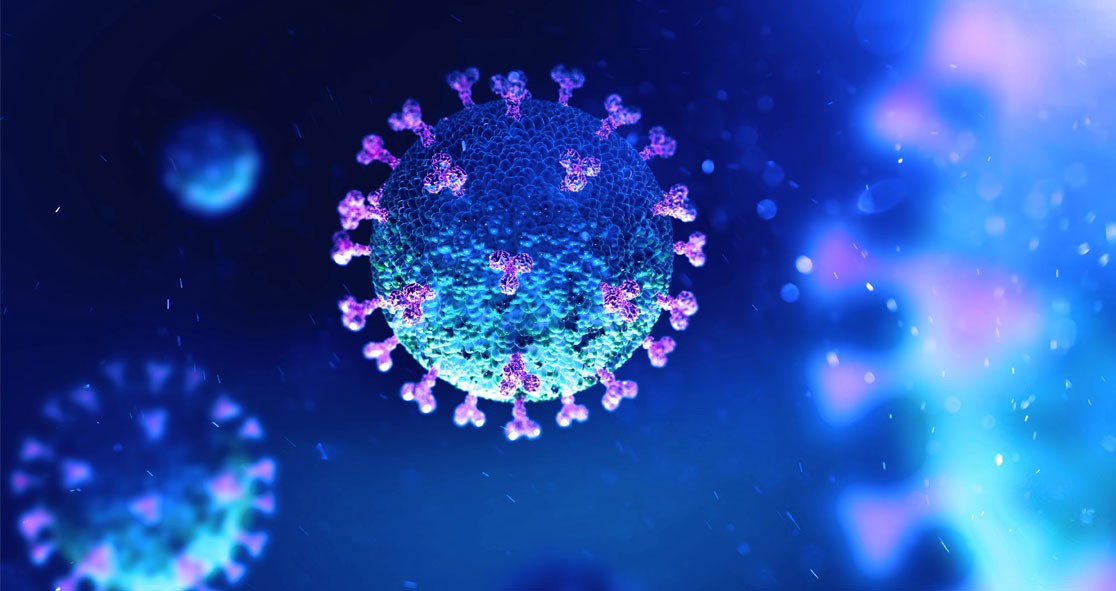Earlier this month, the National Institutes of Health (NIH) held a two-day seminar on the cases of lingering COVID symptoms that can last for weeks or months after getting infected, calling it long COVID or long-haul COVID.
Recently, the U.S. Centers for Disease Control and Prevention (CDC) created a list of some of the persistent symptoms patients have been experiencing with COVID infection, which include chest pain, brain fog, fatigue, and hair loss, among others.
Since some patients are asymptomatic, they need different kinds of post-COVID care.
We are now almost a year into the coronavirus pandemic and yet there have not been thorough, large-scale studies to determine the true prevalence of long-haul CCOVID. However, preliminary findings have suggested that from 10% to 88% of COVID-19 patients will experience at least one symptom for many weeks or months.
Experts at the seminar were surprised by the scope of long-haul COVID and its potential socioeconomic impacts.
Dr. Anthony Fauci, Director of the National Institute of Allergy and Infectious Diseases (NIAID), said, “This is a phenomenon that is really quite real and quite extensive.”
Researchers came across one of the most surprising new findings of long-haul COVID, which is sexual and reproductive issues in both men and women.
Dr. Louise Newson, a menopause specialist, said, “A lot of people with long COVID notice that their symptoms get worse just before their period happens,” when estrogen levels are lowest.
She said she saw long COVID symptoms like “brain fog, fatigue, dizziness, joint pain — these are also symptoms of menopause.”
In men, long COVID can also significantly affect the male reproductive system and testosterone levels.
Dr. Geoff Hackett of Aston University in Birmingham, UK, said, “Absolutely, reproductive systems have been overlooked during the pandemic,” adding that the testes can be attacked by the virus directly in acute illnesses.
He explained, “Attacking the cells of the testes will have an adverse effect on erections. Erectile dysfunction is going to be highly prevalent, particularly if you look at the groups at high risk of Covid-19. Seventy-five percent of diabetics have erectile dysfunction anyway.”
Long-term respiratory problems have perhaps been the most straightforward long-haul COVID symptom, as the coronavirus directly inflame the lungs, filling air sacs with fluid and making breathing difficult.
Researchers knew even at the beginning of the pandemic that previous coronavirus epidemics, such as SARS and MERS, had caused lung issues in some patients.
Other long COVID symptoms researchers found were associated with blood clotting and cardiovascular issues. Many doctors noticed that patients with severe COVID illness had serious blood clotting problems, leading to issues like deep vein thrombosis and stroke.
Patients also experienced cardiovascular symptoms because the virus directly affects the endothelial cells that control vascular functions, hurting the heart.
The doctors at the seminar also discussed other lingering symptoms of long-haul COVID associated with the immune system and nervous system. In addition, they discussed the symptoms of long COVID in children. The article was published in Vox.























